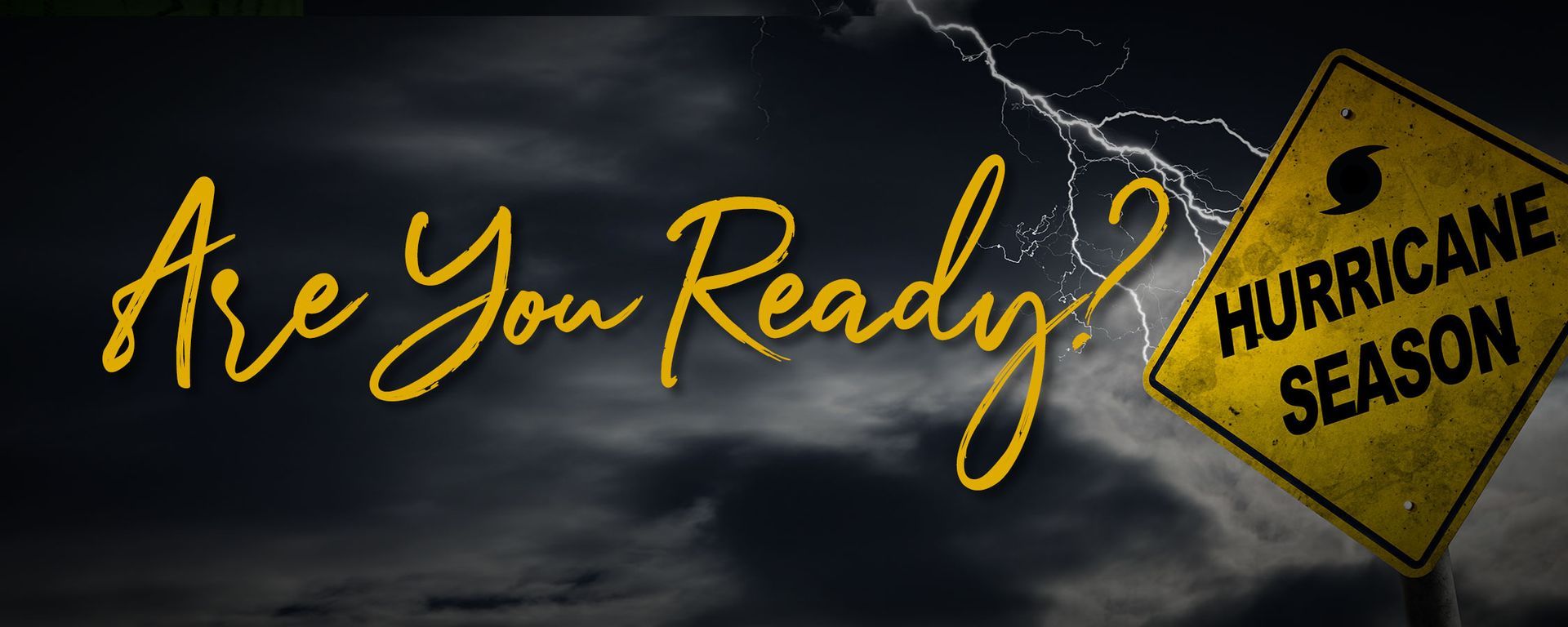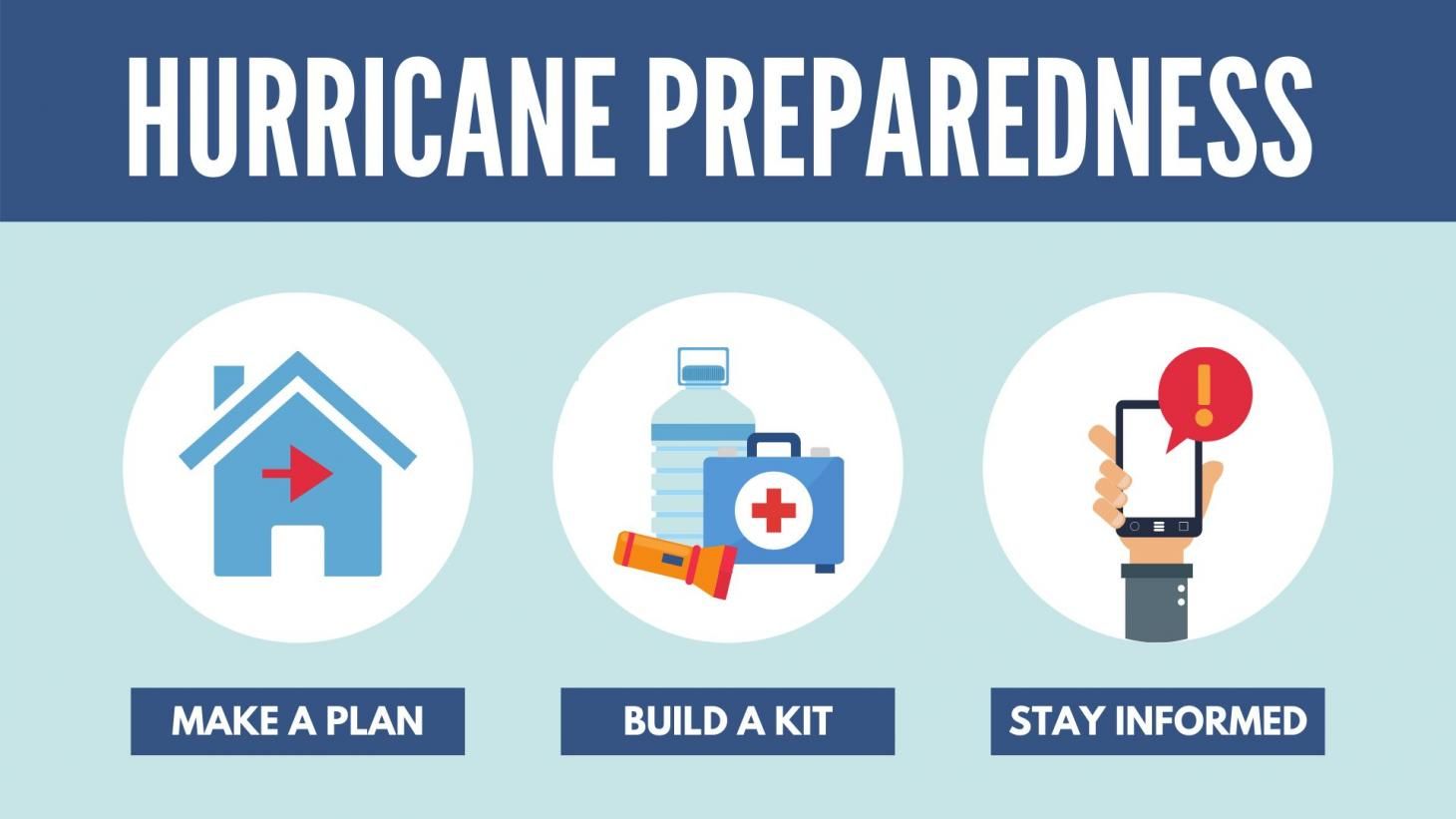Elder’s Hurricane Kit

Hurricane season in Florida is six (6) months long, that’s half of the year. While it’s rare to have hurricanes outside of the months of August and September, it does happen, and it is happening more often. Hurricanes have become more intense as well as more prevalent.
I was born here in New Smyrna Beach and can remember when I was little going outside and playing in hurricanes as they were no more than wind and slight rain. We would prop our front door open, open our windows and sliding glass door and the breeze that came through the house was fabulous.
These days you must board up your entire house and don’t even think about stepping outside! Going out in a hurricane today is like being in the Wizard of Oz when Dorothy’s house is whipping through the sky and she tells Toto, I don’t think we’re in Kansas anymore.
2004 saw four (4) hurricanes within a six-week period. This was the worst year I can remember ever hitting Florida in my 60+ years.
August 13, 2004, saw Hurricane Charley which came ashore in Punta Gorde as a strong Category 4 hurricane.
September 5th we were hit by Hurricane Frances at Hutchinson Island as a Category 2 hurricane.
On September 16th, very soon after Frances along came Ivan. Ivan hit the western panhandle, Pensacola area, as a Category 3 hurricane.
September 26th brought Hurricane Jeanne hitting Hutchinson Island again, only this time as a Category 3 hurricane.
Yes, 2004 was an extremely busy year for hurricanes here in Florida.
September 1, 2008, Hurricane Gustav hit the panhandle again, luckily it was downgraded to a Category 2.
Memorial Day weekend 2012, yes before hurricane season evens began, we had tropical storm Beryl. She ruined so many plans for services and memorials as she dumped so much water throughout Jacksonville and beyond.
Jump ahead to 2022, and we saw two devastating hurricanes, Ian, and Nicole. Ian was a monster at a Category 4 in September and luckily Nicole came late in November and was only a Category 1, yet she did so much more damage to an already damaged city; we were all thankful Nicole wasn’t any stronger.
August 30, 2023, brought Hurricane Idalia a strong Category 3 storm making landfall in Keaton Beach, Florida.
Some of our regular afternoon thunderstorms can be worse than a hurricane, so if you hear thunder, please get inside. And remember, just because you don’t see lightning, it doesn’t mean it’s not there; we are the lightning capital of the United States.
September 10 is the peak for hurricane season, and it is rapidly approaching, are you ready? Do you have a hurricane kit prepared? What about a kit for your elders? What will they need to take in a hurry? You should have something prepared for them so they can grab it and go in a hurry. What should you pack for them to take in case they need to evacuate quickly?
In the bottom of a box place a case of water, any important papers (sealed in plastic), put some snacks for a couple of days in there too. Make sure to put a flashlight in the box along with extra medications and any other pertinent information you think they may need. If they enjoy doing word search puzzles, put a book or two of those in there too. You may want to make sure they have clean clothes, including under garments and pajamas, extra hygiene products, toilet paper, and hair care products in the box as well. And don’t forget the first aid supplies too!
Just remember, our elderly loved ones don’t think as quickly as they used to, it’s up to you to ensure they are prepared in case they need to evacuate in a hurry. If they reside in a nursing home or an assisted living community, please make sure the staff knows where their belongings are, so they grab them if evacuation time comes. If they live in their own home, make sure they know where this box is and write notes and post by the door or telephone as to where it is located so they can grab it and go quickly.
Just as we depended on them to keep us safe when we were young, they now depend on us to keep them safe as they age. Make sure you are there for your elderly loved ones.




